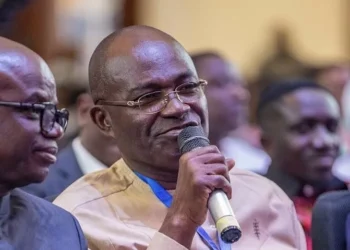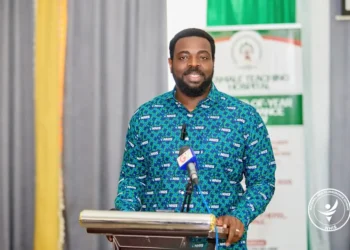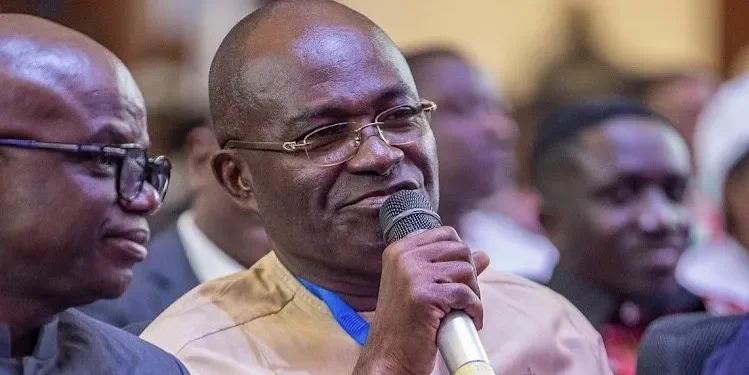Executive Director for the Institute for Democratic Governance (IDEG), Dr Emmanuel Akwetey, has called on government to ensure the building of a more professional civil service in the country.
Dr Akwetey revealed that it is crucial for government to ensure the safety of the jobs of civil servants. He indicated that their job security must not be put at risk after every change in government. Owing to this, he expressed optimism that the two main political parties shall be able to reach a consensus for such a policy to be implemented.
“So, I think that if the government has an agenda to say look, let us build the professional civil service that we need or that existed and let us make them, define other standards that must be met or satisfied to stay in and so on and so forth and your performance is measured, you are guaranteed service. I mean, the guarantee was that you can’t be removed politically until you’ve done something extremely bad, unprofessionally to be removed. But now it doesn’t matter.”
Dr Emmanuel Akwetey
Dr Akwetey attributed the falling standards of professionalism in the civil sector to the heavy politicisation of the sector. He indicated that since 1992, political interference in the sector has led to lower standards, as civil servants compromise professionalism for partisanship in order to be in favour with the ruling party.
Advocating for better structures, Dr Akwetey explained that it is time measures are put in place to protect the civil service from such unpredictable situations in the hands of the political class, while boosting professionalism. He cited that in some of the industrialised countries, they would have civil servants who are known to be either social democrats or conservatives. However, the training and the structures in place to supervise and see what they do in terms of professionalism is stronger. This, he explained, is something that the Ghanaian public sector has lost.
The IDEG Executive Director revealed that the there is a belief the civil service in the 4th republic has been politicised. The politicisation, he noted, comes from the mistrust the political parties who come to government have towards working with the professional civil service. He explained that they are trained to work with the ministers and other political leaders irrespective of the identity of their parties.
“But increasingly in the 4th republic, this notion that ministers want to work with people sympathetic to their party’s political philosophy ideology has gained ground… So, the importance of the public service and the civil service lies in their professionalism and neutrality.”
Dr Emmanuel Akwete
TUC advocates for neutrality allowance
On her part, the spokesperson for the Trade Union Congress (TUC), Naa Ayeley Ardayfio, has called for the extension of the neutrality allowance to all members of the public sector. She revealed that the name of the allowance shouldn’t be glossed over, thereby reducing the substance and significance of the allowance to the average public sector worker.
The TUC’s spokesperson stated that just as other workers have risk allowances, it was necessary for all public sector workers to be compensated for the opportunity cost of the work they do at their various stations.
““… I have worked in GBC before so I know about night and risk allowances. You have people working the whole night through and move into the studio at night to work when everybody is asleep… If you didn’t give them that, what would you give them?”
Naa Ayeley Ardayfio
READ ALSO: Manufactures to Become Importers, Regulate Skyrocketing Input Prices– AGI





















